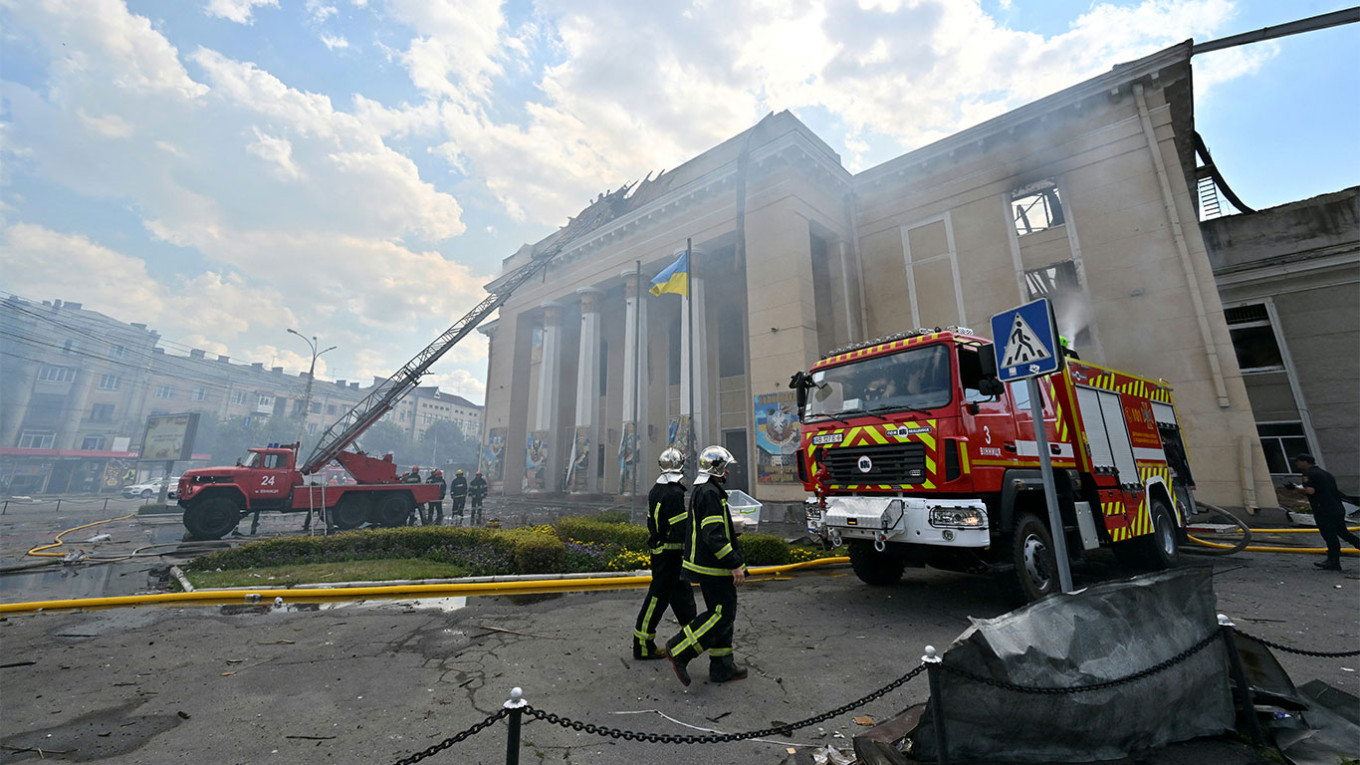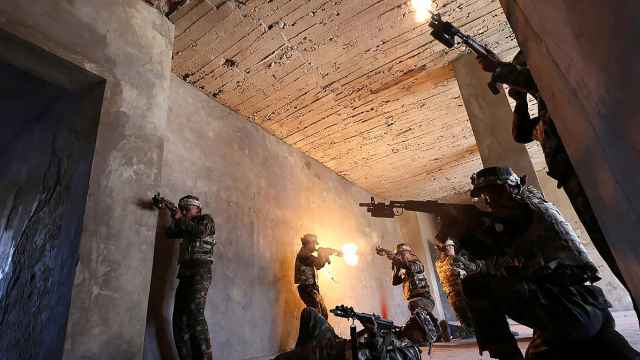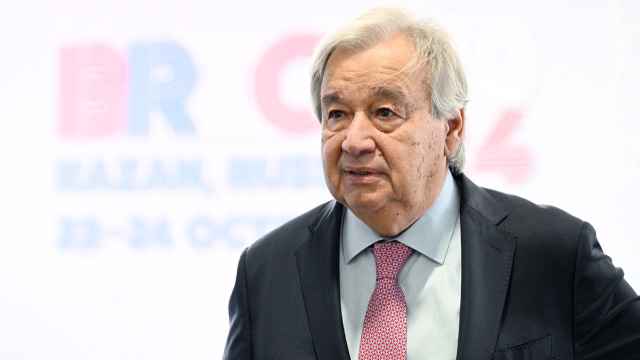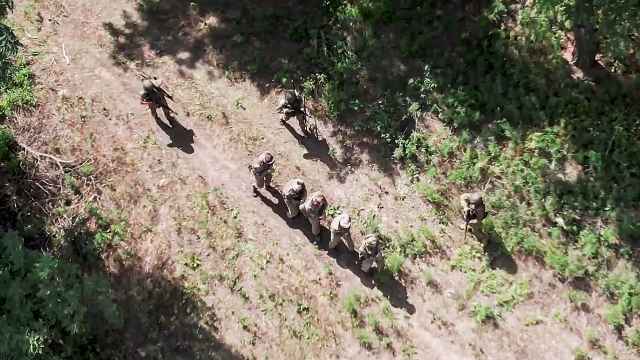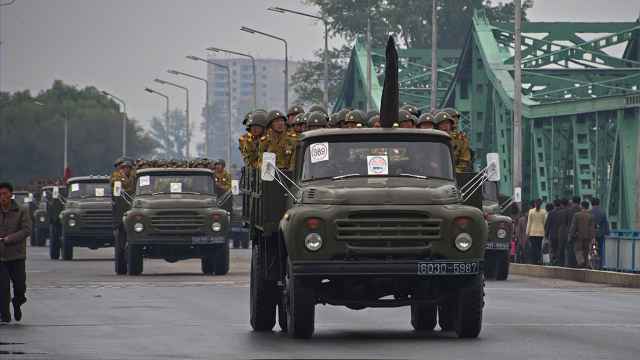Russia said its strikes on the central Ukrainian city of Vinnytsia targeted a Ukrainian military meeting, as rescuers on the ground continued to search for survivors from the attack that killed at least 23 civilians.
The Russian Defense Ministry said Friday that it was targeting a meeting between Ukrainian air force officials and foreign arms suppliers in Vinnytsia’s House of Officers, a building locals say is used for cultural and social events.
The meeting concerned the “transfer of the next batch of aircraft, and destructive weapons to the Armed Forces of Ukraine, as well as the organization of repair for the Ukrainian aviation fleet,” the Russian Defense Ministry said in a statement on Telegram.
“As a result of the strike, the participants of the meeting were destroyed,” the statement added.
Kyiv accuses Moscow of deliberately targeting civilians, with one image showing a 4-year-old girl in a stroller among the dead.
“Every day Russia destroys civilian population, kills Ukrainian children and directs rockets at civilian targets where there is nothing military. What is this if not an open act of terrorism? It is a killer state. A terrorist state,” Ukrainian President Volodomyr Zelensky said in his nightly address Thursday.
The attack was also condemned by International Criminal Court prosecutor Karim Khan, who called for a coordinated effort to bring perpetrators of war crimes to justice.
“The simple truth is that, as we speak, children, women and men, the young and the old, are living in terror,” the ICC prosecutor said as he opened a Ukraine accountability conference in The Hague.
The attack on Vinnytsia, a city of 370,000 people prior to February’s invasion, follows a wave of Russian missile attacks across Ukrainian cities in recent weeks.
Russia has repeatedly said these attacks were directed at military, not civilian, targets.
A Message from The Moscow Times:
Dear readers,
We are facing unprecedented challenges. Russia's Prosecutor General's Office has designated The Moscow Times as an "undesirable" organization, criminalizing our work and putting our staff at risk of prosecution. This follows our earlier unjust labeling as a "foreign agent."
These actions are direct attempts to silence independent journalism in Russia. The authorities claim our work "discredits the decisions of the Russian leadership." We see things differently: we strive to provide accurate, unbiased reporting on Russia.
We, the journalists of The Moscow Times, refuse to be silenced. But to continue our work, we need your help.
Your support, no matter how small, makes a world of difference. If you can, please support us monthly starting from just $2. It's quick to set up, and every contribution makes a significant impact.
By supporting The Moscow Times, you're defending open, independent journalism in the face of repression. Thank you for standing with us.
Remind me later.


